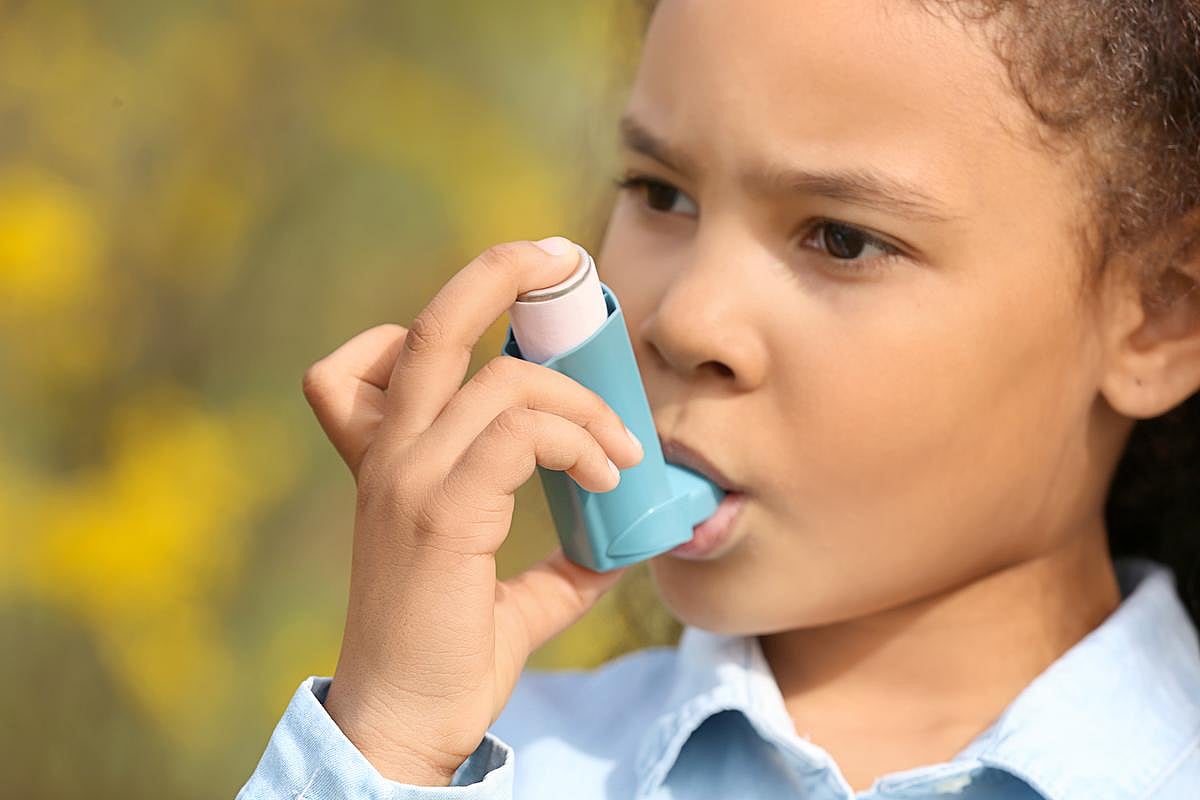Get Healthy!

- Posted September 30, 2025
AI Can Predict Which Kids With Asthma Face Higher Odds Of Respiratory Infections, Pneumonia
A newly developed AI tool may help predict which kids with asthma are at higher risk for severe complications like respiratory infections and pneumonia, researchers say.
A subgroup of kids identified by the AI tool developed pneumonia more than twice as often as other children with asthma, researchers recently reported in the Journal of Allergy and Clinical Immunology.
They also got the flu nearly three times more often than other asthmatic kids, and had the highest rates of asthma attacks that required steroids, an ER visit or hospitalization, researchers said.
The tool could highlight risks in these children as early as age 3, researchers said.
"This study takes us a step closer to precision medicine in childhood asthma, where care shifts from reactive care for advanced severe asthma to prevention and early detection of high-risk patients," senior researcher Dr. Young Juhn, a professor of pediatrics at the Mayo Clinic in Rochester, Minnesota, said in a news release.
Asthma affects nearly 6 million U.S. children, but it can be tough to tell which kids are most vulnerable to severe health problems tied to the disease, researchers noted.
For the new study, researchers examined health records for more than 22,000 children born between 1997 and 2016 in southeastern Minnesota.
The team used two widely used diagnostic checklists for asthma to train an AI program to look for children at higher risk for serious complications.
The kids in this group were more likely to have a family history of asthma, eczema, seasonal allergies and food allergies, results showed.
They also had lab tests that showed signs of allergic inflammation and impaired lung function.
All told, the results point to a high-risk group among children with asthma who are more vulnerable to respiratory infections and asthma attacks, researchers concluded.
Researchers next plan to test the AI in broader clinical settings involving more diverse populations and health systems. They also aim to refine the AI by including more biological data, in an aim to better define and diagnose different asthma subtypes.
More information
The American Academy of Allergy, Asthma & Immunology has more on childhood asthma.
SOURCE: Mayo Clinic, news release, Sept. 23, 2025







